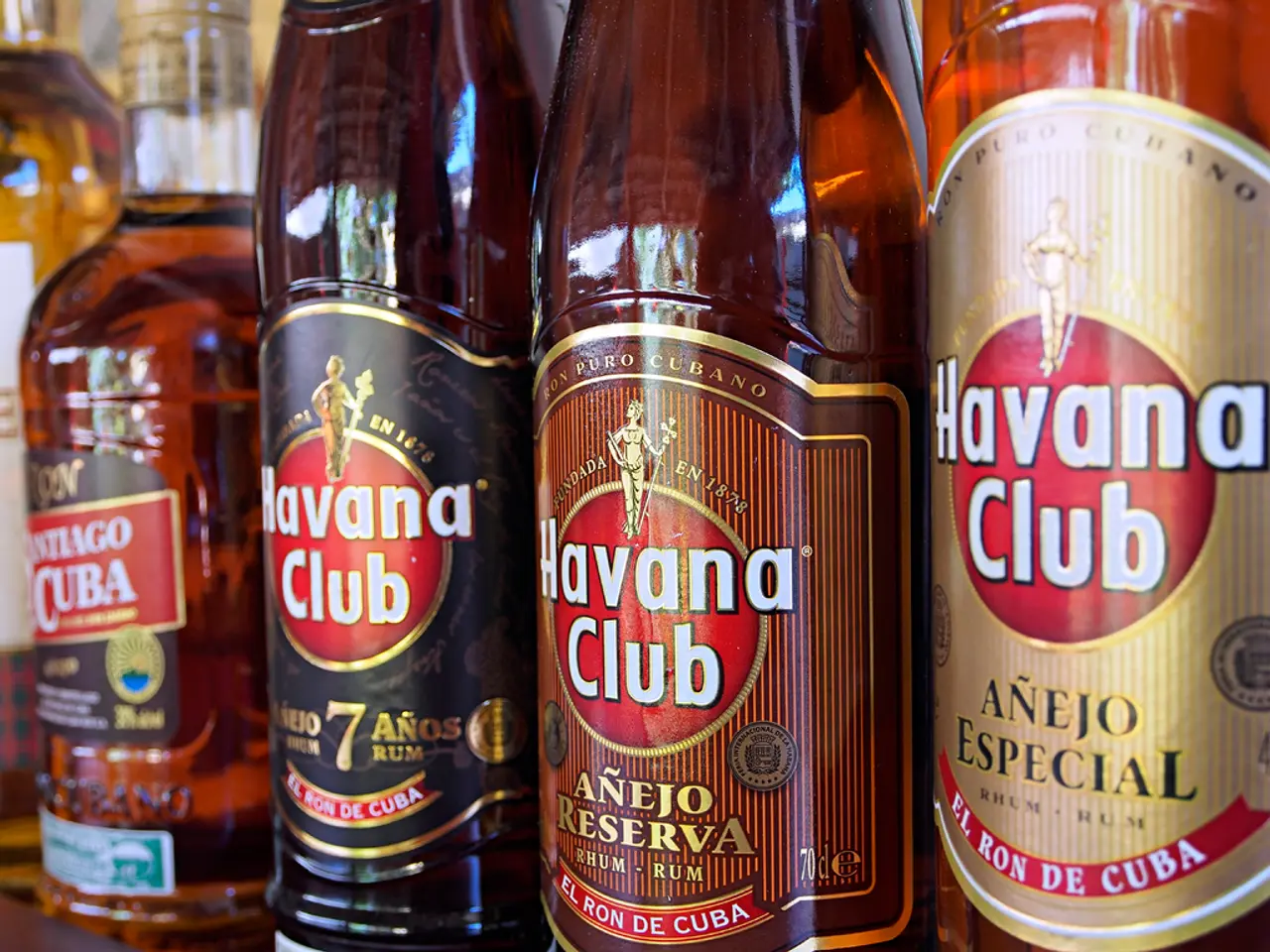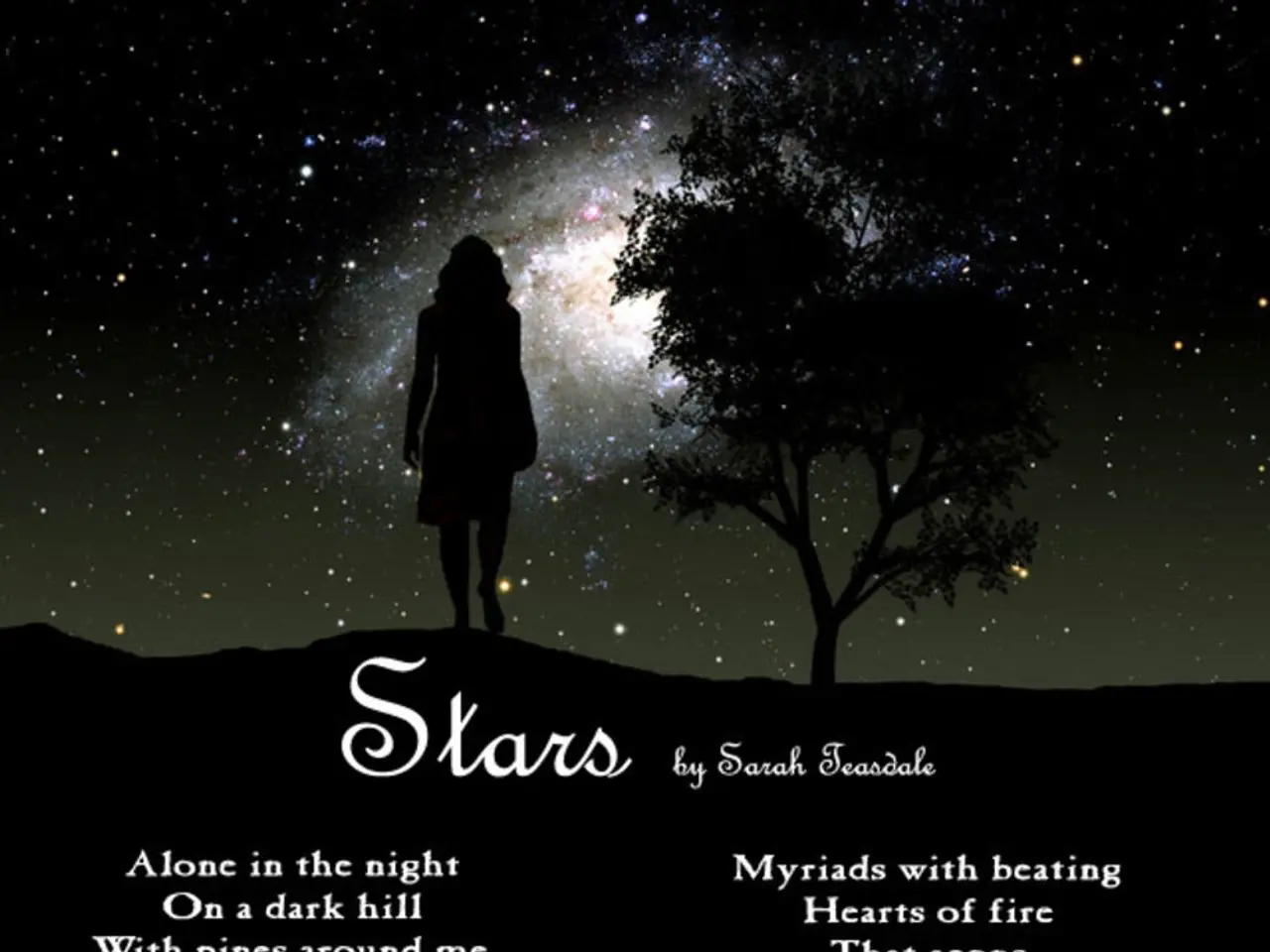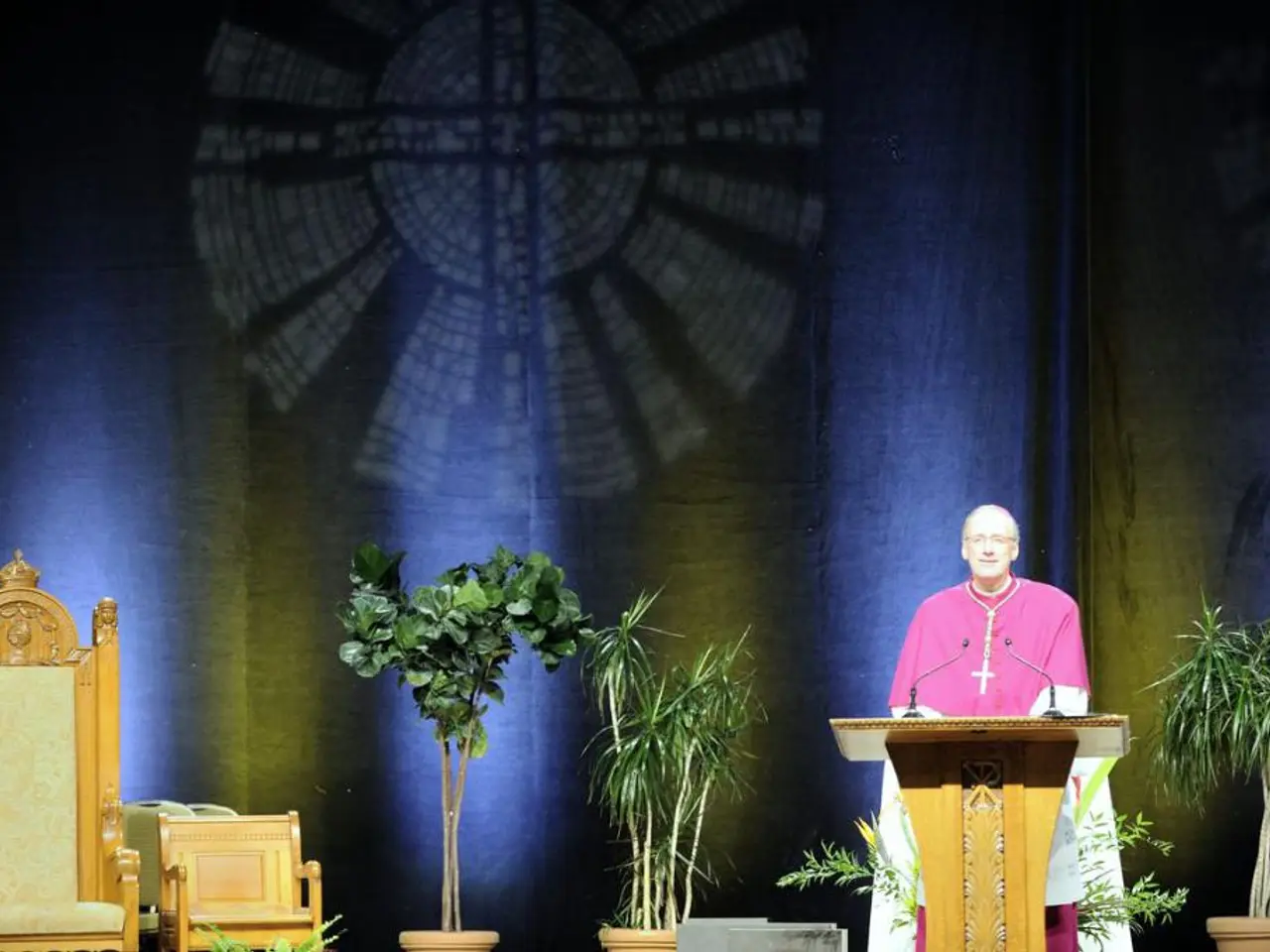Actors Javier Bardem, Pedro Almodovar, and Jon Sorogoyen voice their opposition to director Christopher Nolan for filming 'The Odyssey' in Western Sahara.
The film "The Odyssey," directed by Christopher Nolan, has sparked controversy due to its filming location in Western Sahara, a region considered an occupied territory under Moroccan control for the past 50 years.
Prominent Spanish film personalities, including Javier Bardem, Aitana Sánchez-Gijón, and Juan Diego Botto, have joined the FiSahara manifesto in protest against the filming. They are joined by international figures such as screenwriters Paul Laverty and David Riker, Timorese filmmaker Lurdes Pires, and Spanish directors Rodrigo Sorogoyen, Icíar Bollaín, Fernando Colomo, and Benito Zambrano.
The Western Sahara International Film Festival (FiSahara) issued a manifesto against the recording of the movie in Western Sahara, accusing Nolan and his team of contributing to the repression of the Western Saharan people and normalizing Morocco's brutal occupation.
The criticism centers on ethical concerns that shooting the film there could contribute to normalizing and whitewashing Morocco's military occupation and repression of the Indigenous Sahrawi people. The Sahrawi Government described the filming as a "dangerous form of cultural normalization" and "unethical exploitation of art and cinema to whitewash the image of a colonial situation."
FiSahara's executive director, María Carrión, stated that filming in Western Sahara by a high-profile project like Nolan's might normalize decades of repression. The Sahrawi people, whose Indigenous culture is suppressed under occupation, cannot freely produce or share their own stories through cinema, making Nolan's filming there particularly controversial.
The manifesto demands that Christopher Nolan and the involved organizations publicly acknowledge that they should not have filmed scenes in Dakhla and renounce using them in the final cut. It also urges Nolan to engage with human rights defenders, filmmakers, and journalists to understand the critical situation of Sahrawis under Moroccan occupation and to use his public platform to shine a light on their plight.
The film, an adaptation of the epic poem "The Odyssey" by Homer, is set to hit Spanish cinemas on July 17, 2026, amidst controversy due to the events surrounding its filming. Other notable Spanish figures who have joined the manifesto include Javier and Carlos Bardem, Luis Tosar, Aitana Sánchez-Gijón, Carolina Yuste, Javier Gutiérrez, Nathalie Poza, and Melanie Olivares.
References: [1] FiSahara Manifesto Against "The Odyssey" Filming in Western Sahara [2] Sahrawi Government Condemns Christopher Nolan's "The Odyssey" Filming in Western Sahara [3] Ethical Concerns Surrounding Christopher Nolan's "The Odyssey" Filming in Western Sahara
The criticism of Christopher Nolan's film "The Odyssey" includes concerns that the average movie-goer may view the content as a normal portrayal of the region, thus indirectly justifying the occupation of Western Sahara. The Western Sahara International Film Festival (FiSahara), being an important platform for the Sahrawi people's stories, sees the entertainment industry's participation in filming in the region as an unethical exploitation of their culture.






